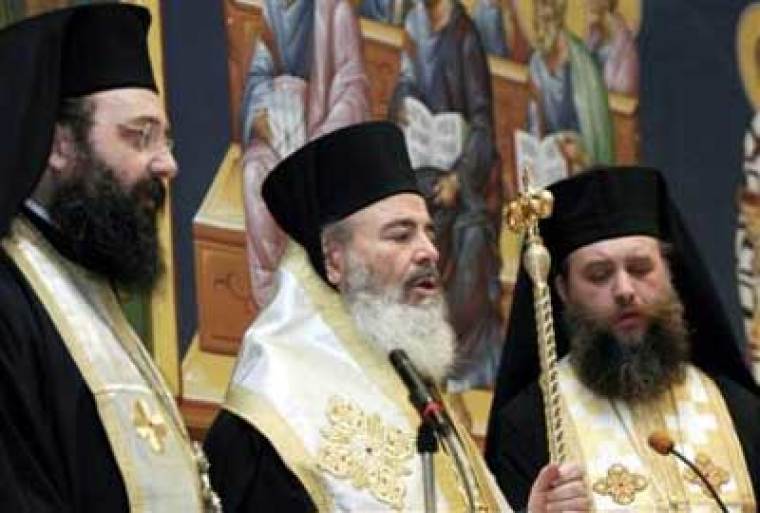
The Greek Orthodox Church is under pressure from a sweeping change of Church leadership amid investigations of overwhelming scandals on sex and finance among senior clergymen.
The controversy began in early February. Since then the Greek Orthodox Church, the official state religion of Greece, has been stunned by continuous allegations of embezzlement, corruption and sexual escapades. The Holy Synod, governing body of the Church, therefore met in Athens on 18-19 February to endorse a major emergency reform in the wake of the scandal.
The head of the Greek Orthodox Church, Archbishop Christodoulos, made an apology to the whole nation regarding all the embarrassing misbehaviours of priests and senior clerics. Financial administration has been reinforced and a council to regulate ethical problems of clergymen has been set up.
Unfortunately, the apology has not been able to ease the Church out of public and cleric outrage, and calls have been continuous for the resignation of leaders involved in the scandal.
On 1st March, a resignation was submitted by the Most Rev. Metropolitan Theokletos of Thessaliotis and Phanariofersala, which was accepted by the Holy Synod. Theoklitos is alleged to have maintained ties with the trial-fixing ring. He is also accused of having been detained by police on suspicion of drug dealing in a homosexuality bar. Archbishop Christodoulos however insisted that Theokitos’s resignation is a "voluntary retirement".
Another even bigger scandal involving both patriarchs of the Greek Orthodox Churches in Jerusalem and Athens is now under investigation by government officials of both countries. It has brought the Greek Deputy Foreign Minister, Panagiotis Skandalakis to Israel for a series of meetings with Greek Orthodox officials.
According to reports in the Greek press, Apostolos Vavilis, said to be a former drug dealer, has ties to Athens Patriarch Christodoulus, head of the Greek Orthodox Church in Athens, and to Jerusalem Greek Orthodox Patriarch Irenios. Christodoulus denied that he sent Vavilis from Athens to Jerusalem to monitor the patriarchal elections.
The media expected that if a link between Christodoulus and Vavilis is proved, the patriarch is likely to be forced to resign. However, Christodoulus has rejected calls to step down.
"An archbishop does not resign," Christodoulos, 66, told reporters after two senior bishops and the head of a parish priests' association said he should quit.
On the 1st March, the Holy Synod decided that a vigil would be held on the nights of the 8th to 9th March, for the feast of the Holy Forty Martyrs, in the Cathedral Churches of the Holy Metropolitanates and in the country’s main churches, so that the faithful may pray for the crisis to be overcome.